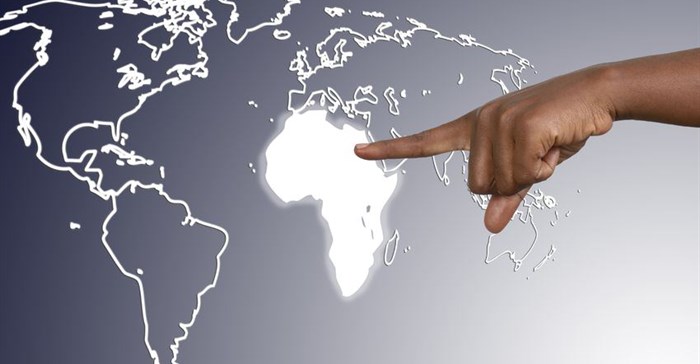ECA, AfDB ploughing together for Central Africa's development

Meeting recently in Yaounde to discuss pathways of jointly supporting countries of the Central African sub-region in their demarche towards structural transformation and economic diversification, Racine Kane, Cameroon Country Representative of the AfDB, and Antonio Pedro, director of ECA’s Office for Central Africa, concurred that it has become more relevant than ever for the two institutions, as well as the African Union Commission, to cooperate at strategic and practical levels to help their member States in Central Africa get round major macroeconomic challenges and forge ahead with their plans to build resilient and competitive economies and promote broad-based development.
Making an impact in development work is not always a question of resources but rather an issue of demarche and strategy.
After reviewing how much progress has been made in the work of the Steering Committee for the Harmonisation of Regional Economic Communities in Central Africa (COPIL/CER-AC, in French), they said it was time to go back to the drawing board and prompt States to move forward with the 12 urgent domains that had been earlier identified as areas which, both CEMAC and ECCAS could work on without duplication of efforts.
These include: the free movement of persons and goods, trade issues, security issues, transport interconnectedness, energy, food security, ICTs, integration financing mechanisms, budgetary and monetary policies, environmental issues, health and a CEMAC-ECCAS consultation framework.
“Making an impact in development work is not always a question of resources but rather an issue of demarche and strategy,” said Kane. He underscored that beyond the strategic dimensions and outlook his institution and ECA could build on regional integration, the Bank considers it vital to also work in sectors that promote inclusive growth.
ECA’s Pedro added that in line with the vision of the new UN Secretary General, beyond economic and social transformation issues and questions of access to market and global value chains, it was important to also work into the dynamic relationships between development, peace and security (against a backdrop of conflict) and human rights to usher in a novel transformative policy mix.
“It is now crucial to elevate the dialogue on these issues with likeminded organisations so that we and the member States we serve can all benefit from that openness.”
Source: African Press Organisation

APO is the sole press release wire in Africa, and the global leader in media relations related to Africa. With headquarters in Dakar, Senegal, APO owns a media database of over 150,000 contacts and the main Africa-related news online community.
Go to: www.bizcommunity.com/PressOffice.aspx?cn=apogroup























